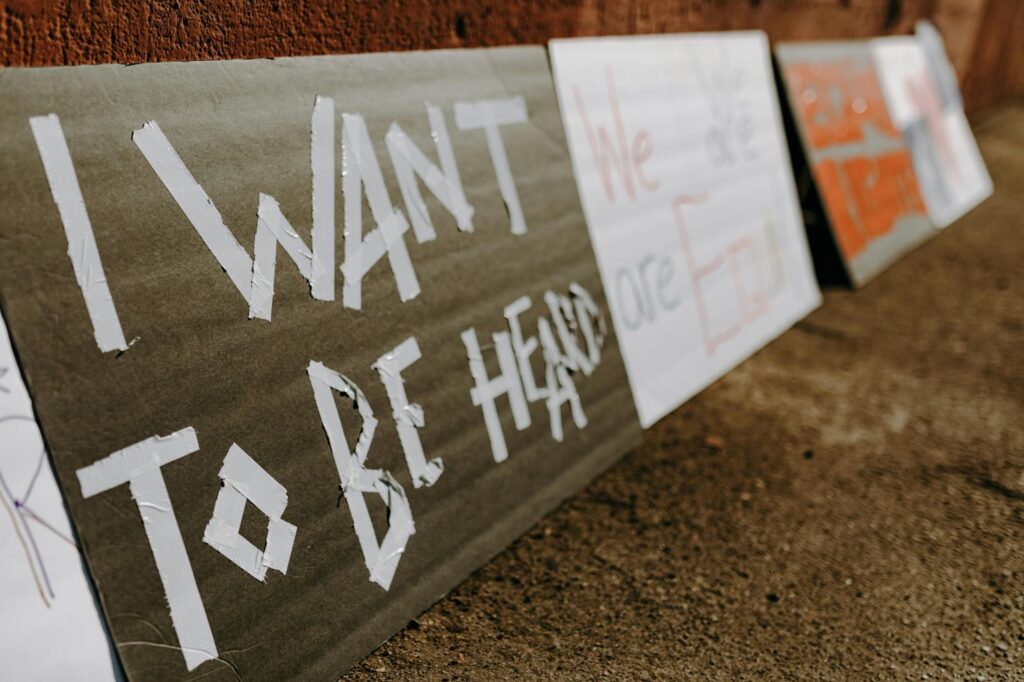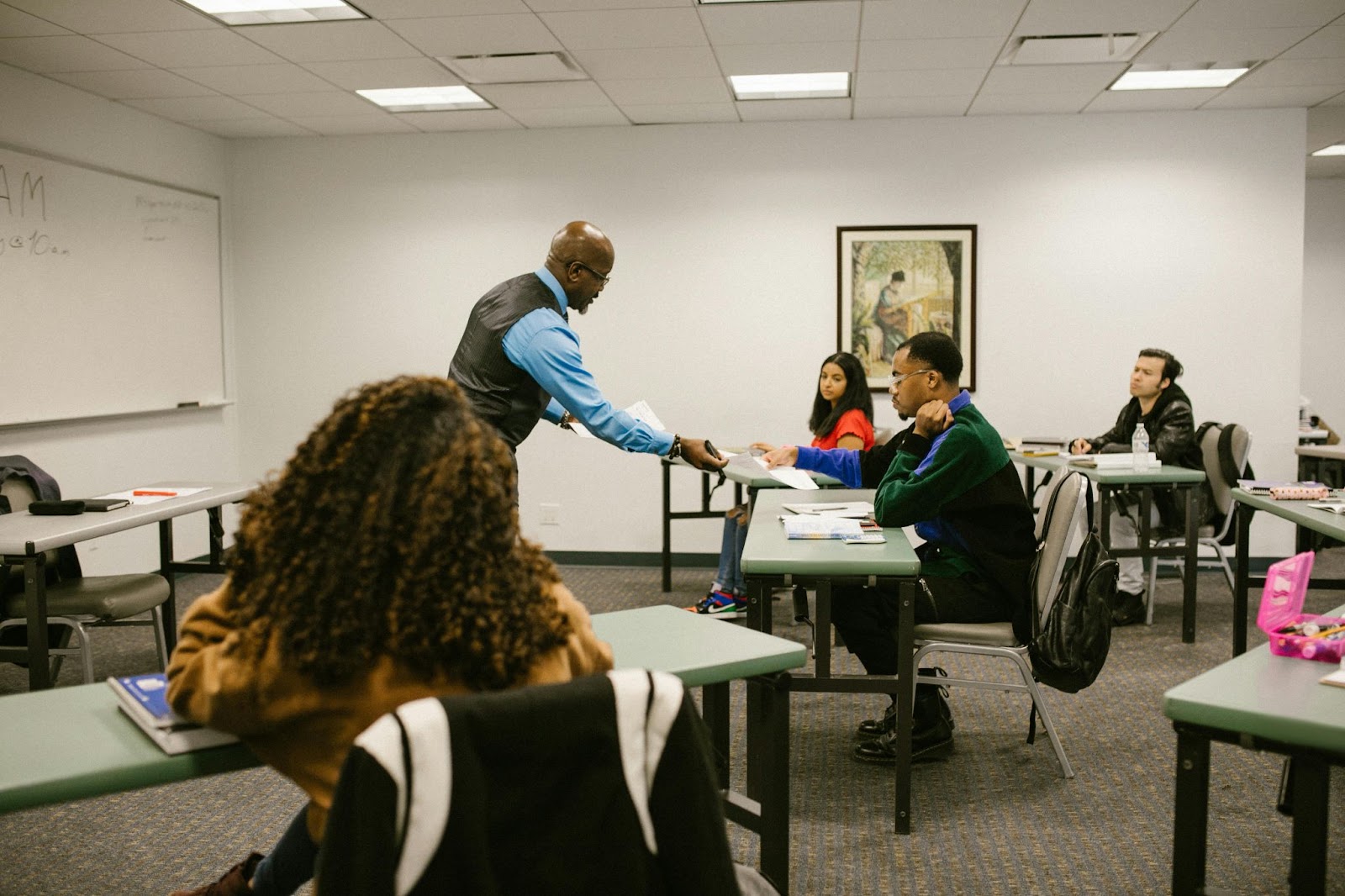Austria has taken giant leaps in terms of safeguarding the rights of persons with disabilities, including deaf individuals.
The most important legislation that guarantees equal treatment and forbids discrimination against persons with disabilities is the Equality for People with Disabilities Act.
In every area of life, from public services, work, education, to health, this law has a crucial role in optimizing access and inclusivity of deaf people.
In spite of these legal coverages, deaf people in Austria still face obstacles to fully integrating into society.
In order to facilitate more inclusion and equality of opportunity, a knowledge of the Equality for People with Disabilities Act and where it stands on deaf rights is important.

The Equality for People with Disabilities Act
To prevent discrimination of disabled people and facilitate equal opportunities in all aspects of life, the Equality for People with Disabilities Act was legislated.
For the deaf, this translates to access to sign language interpretation, Austrian Sign Language (Österreichische Gebärdensprache or ÖGS), and accessible communication in both private and public spaces.
Work, education, public services, transport, and private business are all included in the law.
To promote accessibility for people with disability, including the deaf and the hard of hearing, it calls for institutions to make reasonable adjustments.
Although the act provides good legal protection, enforcement and implementation problems still exist, thereby resulting in unequal access and inclusivity.
Education and Language Accessibility for the Deaf

In an attempt to provide equal opportunity for the deaf individuals, the Equality for People with Disabilities Act gives consideration to education.
Deaf students have a right to be educated in Austrian Sign Language (ÖGS), which has been recognized by the state as an official language.
Austria has mainstreaming schools with the help of assistive technology and sign language interpreters, as well as special schools for the deaf.
A majority of deaf students remain disadvantaged through limited funds, shortage of interpreters, and a deficiency of instructor training to handle deaf students amid these legal mandates.
Institutions of higher learning are mandated to ensure accessibility services to deaf students such as captioned lectures, sign language interpretation, and modified course materials.
Depending on the institution’s commitment to inclusion and available resources, access to these services is not necessarily equitable.
For equal learning opportunities for all the deaf, accessibility in education must be enhanced and the law implemented to the letter.
Employment Rights and Workplace Inclusion
The deaf have a right to equal access to non-discriminatory employment opportunities as offered by the Equality for People with Disabilities Act.
To facilitate access, employers must implement reasonable adjustments, such as sign language interpretation, adapted communication, and workplace modification.
The majority of deaf people in Austria still encounter problems in securing work appropriate to their skills and qualification levels despite these legal protections.
Some employers are not willing to employ deaf workers based on false assumptions regarding communication issues or fears about the expense of accommodation.
Although there are governmental programs and initiatives promoting inclusive employment, additional awareness is required to ensure that workplaces are fully accessible.
Additional support for deaf employees and employers can promote a more inclusive labor market and effective enforcement of rights at work.
Access to Public Services and Health Care
Social services, health care, public services, and legal aid are assured to be accessed on an equal footing by the deaf people under the Equality for People with Disabilities Act.
Health care access is one of the visible obstacles for the deaf.
The lack of sign language interpreters in most hospitals and health centers prevents deaf patients from participating in communication with health workers.
Misdiagnosis, confusion, and inappropriate medical treatment can ensue.
Written communication support and video relay interpretation are provided by some health providers, but not all health centers provide such services.
Deaf people also need to be able to access public services like government offices, legal services, and public transportation.
Some deaf people find it difficult to access such fundamental services without barriers, however, because there are still gaps in implementation.
In order to make sure deaf people are effectively integrated into public life, accessibility must be promoted and conformity with the law followed.
Challenges and Areas for Improvement
Regardless of the reality that Austria has made advances regarding protecting deaf people’s rights, there continue to be plenty of barriers that have to be eliminated.
A chief challenge is the lack of competent sign language interpreters.
As there are usually more demands for the interpreters than there are, deaf people find it hard to gain access to public services, work, and education.
Another barrier is the uneven application of accessibility laws.
There is protection under law in the form of the Equality for People with Disabilities Act, but not all institutions adhere to its stipulations.
For widespread public compliance with the law on a large scale, more vigorous surveillance and enforcement are required.
Public awareness about Austrian Sign Language and the rights of deaf individuals is also absent.
As most hearing individuals have no knowledge of ÖGS, the deaf community remains isolated from society as much as in communication.
It is possible that this gap can be bridged and society made more inclusive by complementing the learning of sign language and being understanding of awareness campaigns.
Conclusion
A robust legal framework for protecting deaf rights in Austria is available under the Equality for People with Disabilities Act.
It forbids discrimination and provides access to equal public services, employment, health care, and education.
Full inclusion continues to be thwarted by barriers like inaccessibility, inadequate funding, and low public awareness, despite these legal safeguards.
For total equality, it is crucial that the law be rigorously enforced, sign language interpreters become more readily available, and deaf rights education within the general public be increased.
Austria is able to continue creating a more and more inclusive society where deaf people have equal opportunities by working towards eradicating these issues.
For those who require further assistance, Unspoken Language Services provides interpreting services to aid in bridging the communication gap between the deaf and hearing communities.
Thumbnail Photo by RDNE Stock project

